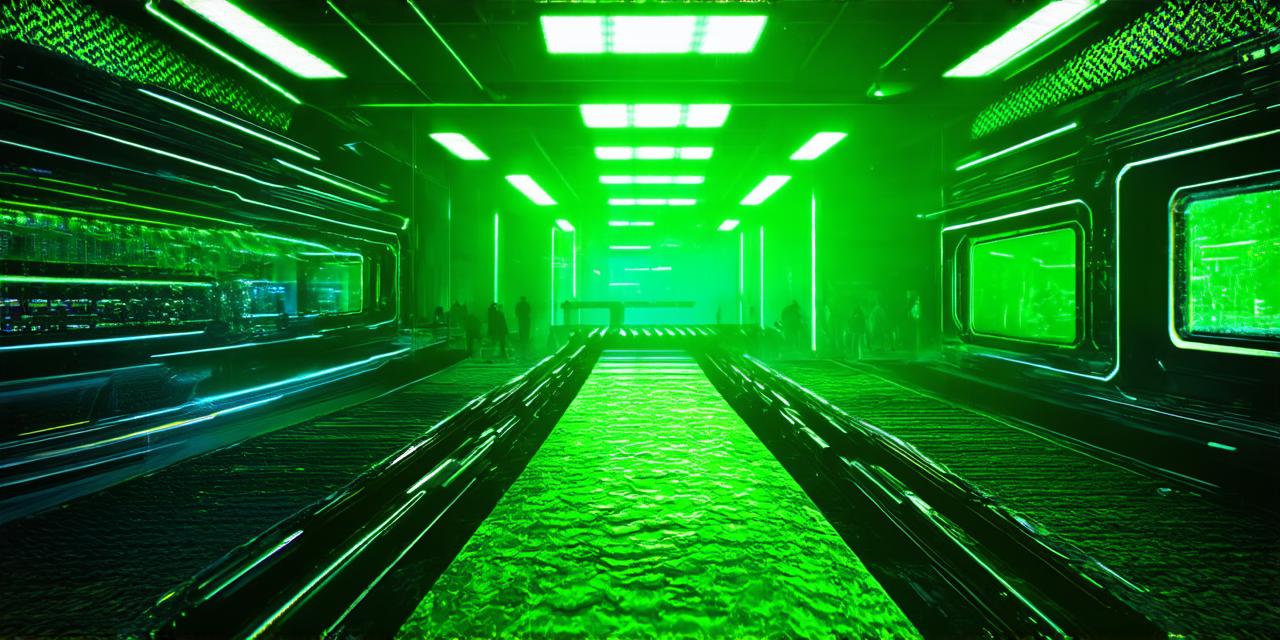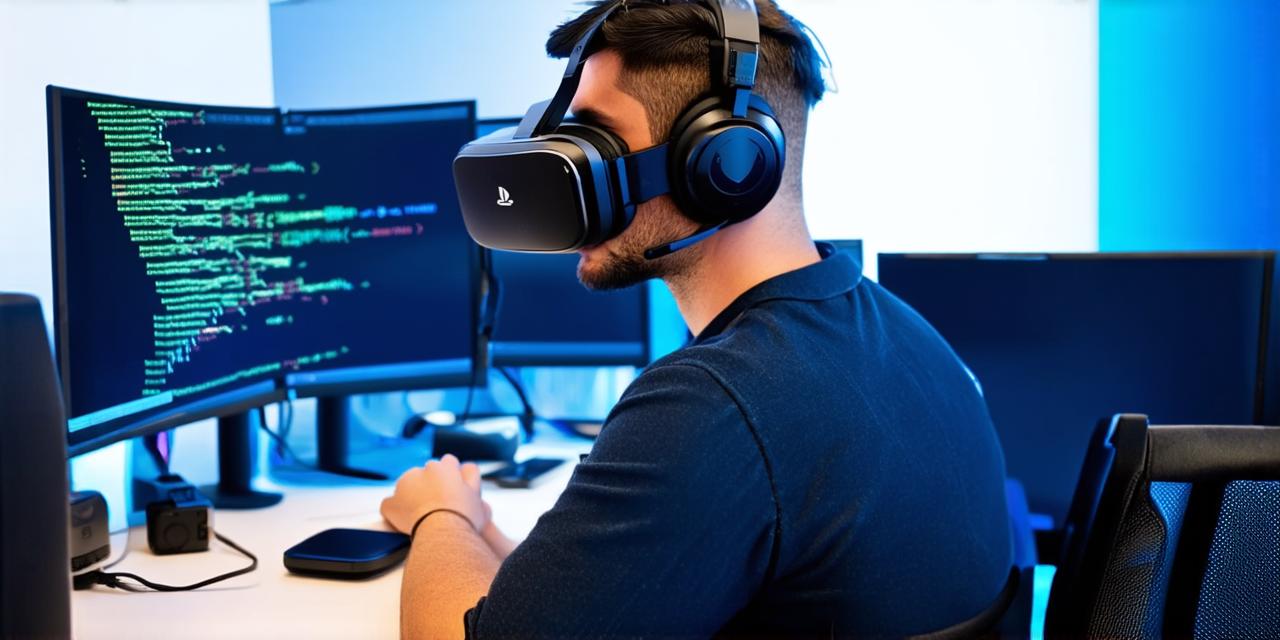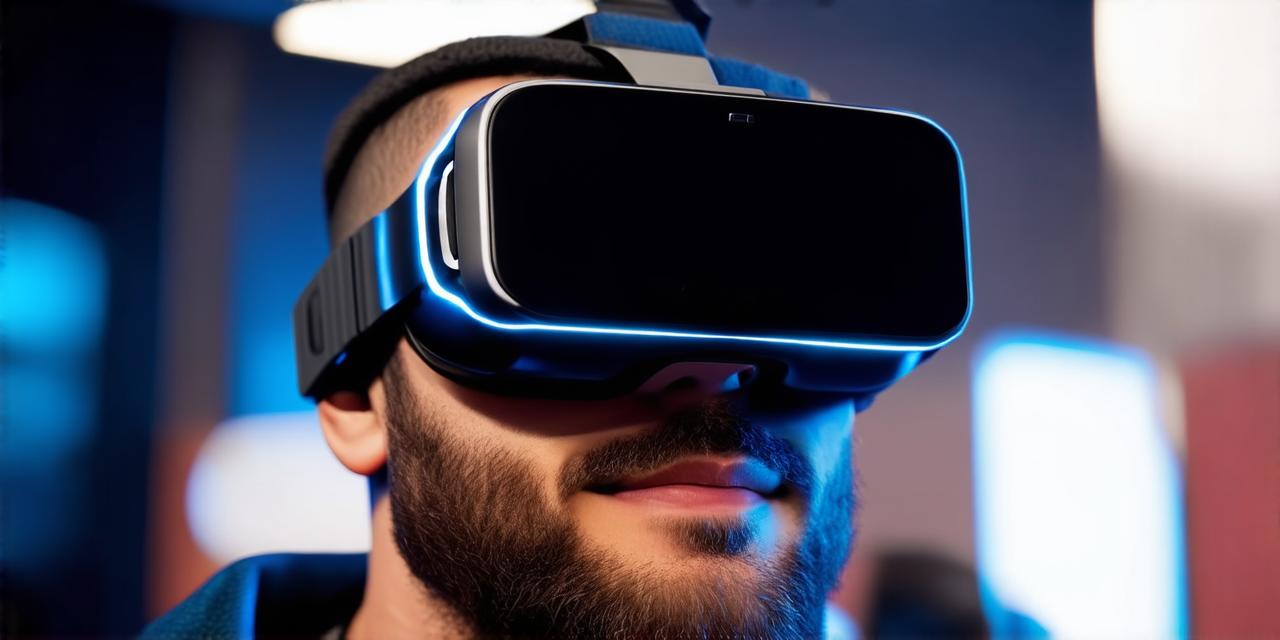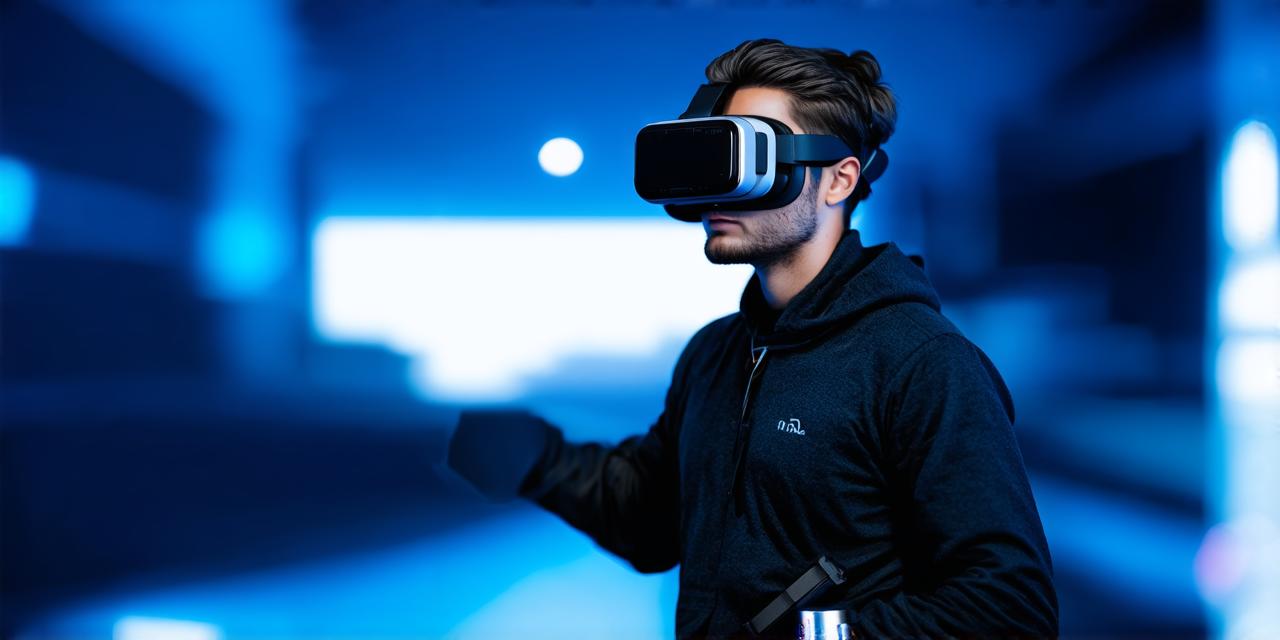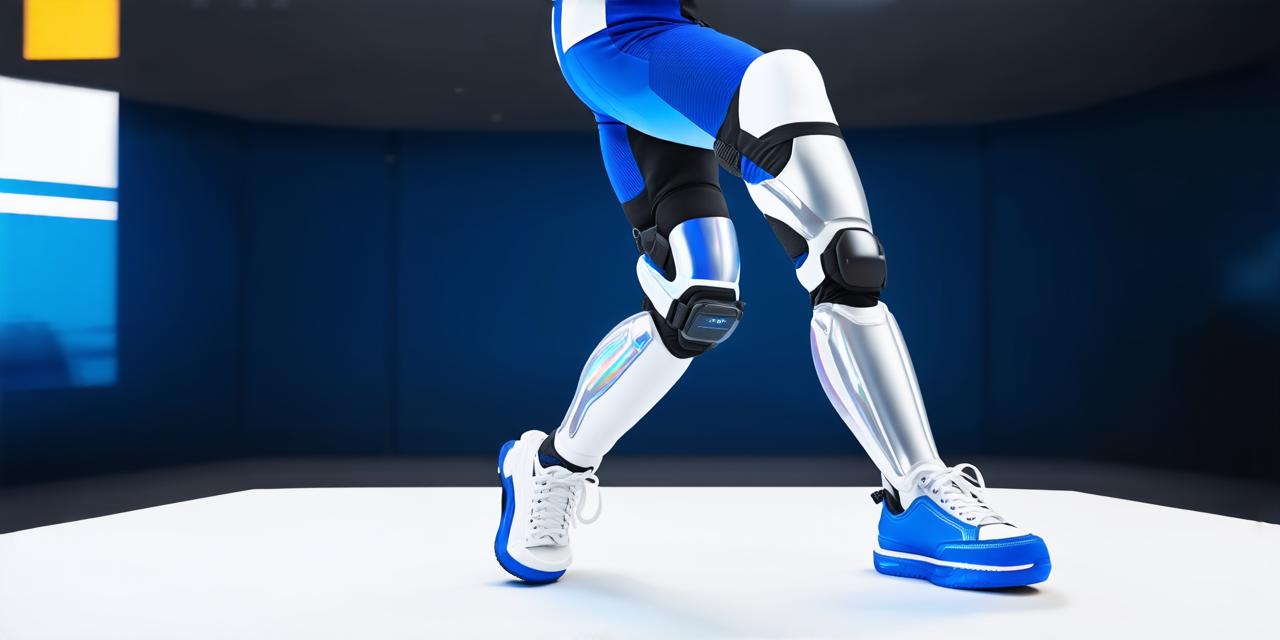Products Related to Virtual Reality:
- Virtual Reality Headsets:
Virtual reality headsets are the most commonly known product related to virtual reality. These devices allow users to experience a virtual environment as if they were in it. Some of the popular virtual reality headsets include Oculus Rift, HTC Vive, and Samsung Gear VR. These headsets come with high-resolution displays, sensors that track user movement, and adjustable lenses to accommodate different users.2. Handheld Controllers:
Handheld controllers are used in conjunction with virtual reality headsets to provide users with a more immersive experience. These controllers are equipped with sensors that track the user’s hand movements and translate them into actions within the virtual environment. Some of the popular virtual reality handheld controllers include the Oculus Touch and HTC Vive Wand.
3. 360-Degree Cameras:
360-degree cameras are used to capture real-world environments in high-resolution images and videos that can be viewed in a virtual environment. These cameras are equipped with multiple lenses that stitch together images to create a complete view of the environment. Some of the popular 360-degree cameras include the GoPro Fusion and Ricoh Theta Z1.
- Virtual Reality Motion Capture Systems:
Virtual reality motion capture systems use sensors to track the movement of actors in real-time and translate it into a virtual environment. These systems are used in film and television production, gaming, and training simulations. Some of the popular virtual reality motion capture systems include OptiTrack and Vicon. - Virtual Reality Software:
Virtual reality software is used to create virtual environments and applications for virtual reality headsets. There are a wide range of virtual reality software available, including game engines like Unity and Unreal Engine, and specialized tools like A-Frame and WebVR.Potential Impact of VR Products on Different Industries:
- Gaming:
Gaming is one of the most popular applications of virtual reality technology. Virtual reality headsets and handheld controllers provide gamers with a more immersive gaming experience, allowing them to interact with the game environment in a more natural way. With the increasing popularity of VR gaming, we can expect more games to be developed specifically for virtual reality platforms.2. Entertainment:
Virtual reality technology has also found its way into the entertainment industry. Virtual reality headsets and motion capture systems are being used to create immersive experiences for moviegoers and live event attendees. For example, the AMC VR theater in Los Angeles offers virtual reality movies that provide users with a 360-degree view of the film’s environment.
3. Training and Education:
Virtual reality technology is also being used to train employees and students in various fields. Virtual reality simulations can provide a safe and controlled environment for trainees to practice their skills without risking injury or damage to equipment. For example, medical schools are using virtual reality simulations to teach students surgical procedures.
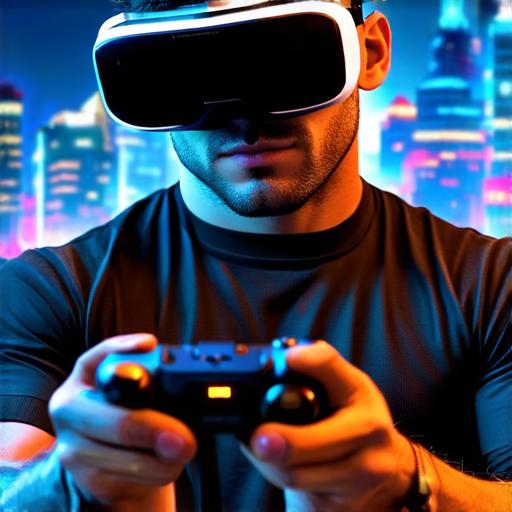
4. Retail:
Virtual reality technology is also being used in the retail industry to create immersive shopping experiences. Virtual reality headsets and 360-degree cameras can be used to showcase products in a more interactive and engaging way, allowing customers to see and touch products before making a purchase. For example, IKEA has created a virtual reality showroom that allows customers to see how furniture would look in their home before buying it.
5. Architecture and Interior Design:
Virtual reality technology is also being used in the architecture and interior design industry. Virtual reality software can be used to create 3D models of buildings and environments, allowing architects and designers to visualize and test designs in a virtual environment. This can save time and resources by eliminating the need for physical prototypes.
Expert Opinions:
"Virtual reality technology is still in its early stages, but we are already seeing a wide range of applications across different industries," said Dr. Richard Taylor, a professor of computer science at the University of Cambridge. "As the technology continues to evolve, we can expect virtual reality products to become more affordable and accessible, leading to even more innovative applications."
"Virtual reality technology has the potential to revolutionize the way we experience digital content and interact with each other," said John Carmack, co-founder of id Software. "We are already seeing some amazing applications in gaming and entertainment, but I believe we have only scratched the surface of what virtual reality can do."Conclusion:
Virtual reality technology is rapidly transforming the way we experience digital content and interact with each other. There are a wide range of products related to virtual reality that are already being used in various industries, including gaming, entertainment, training, education, retail, and architecture. As virtual reality continues to evolve, we can expect even more innovative applications and uses for this exciting technology.
